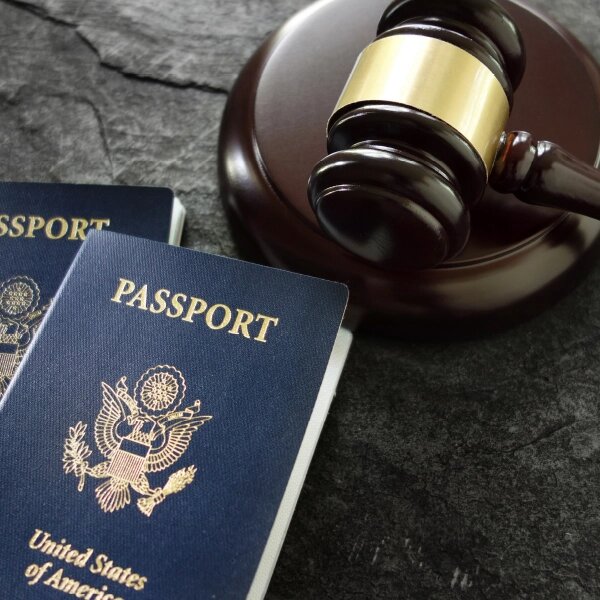If you have a criminal record and wish to travel to or through the United States, you may have encountered the term “US Entry Waiver.” Understanding what a US Entry Waiver is, why it’s important, and how to obtain one can make a significant difference in your ability to travel freely. In this blog post, we’ll delve into the key factors you need to know about US Entry Waivers, including their definition, importance, eligibility requirements, validity period, and how to find the best agency to assist you in obtaining one.
What is a US Entry Waiver?
A US Entry Waiver, formally known as a Waiver of Inadmissibility, is a legal document issued by US Customs and Border Protection (CBP) that allows individuals with criminal records to enter the United States despite their past convictions. Without a waiver, individuals with certain criminal convictions may be denied entry into the US or face challenges when attempting to cross the border.
Importance of US Entry Waiver:
The importance of a US Entry Waiver cannot be overstated for individuals with criminal records who need to travel to or through the United States. Whether for business, leisure, family visits, or other reasons, having a waiver ensures that past convictions do not hinder travel plans or opportunities. Without a waiver, individuals may face delays, denials, or even legal consequences when attempting to enter the US.
Why is it Required?
US immigration laws categorize certain criminal offenses as grounds for inadmissibility, meaning individuals with these convictions may be deemed ineligible to enter the country. A US Entry Waiver allows individuals to overcome these grounds of inadmissibility and gain entry into the United States despite their past convictions.
Eligibility Requirements:
To be eligible for a US Entry Waiver, individuals must meet certain criteria, including:
- Demonstrating rehabilitation: Applicants must show evidence of rehabilitation, such as completing sentences, paying fines, participating in treatment programs, and maintaining a clean record since the conviction.
- Showing necessity: Applicants must demonstrate a legitimate need to enter the United States, such as for employment, business, education, or family reasons.
- Submitting required documentation: Applicants must provide all necessary documentation, including court records, police reports, character references, and a detailed personal statement explaining the circumstances of the offense and their rehabilitation efforts.
Validity Period:
US Entry Waivers are typically issued for a specific period, ranging from one to five years, depending on various factors such as the nature of the offense, the applicant’s criminal history, and the discretion of the reviewing authorities. It’s essential to note that waivers must be renewed before their expiration to maintain continuous eligibility for entry into the United States.
Key Factors to Maximize Waiver Success:
Several key factors can contribute to maximizing the success of a US Entry Waiver application, including:
- Thorough documentation: Providing comprehensive documentation that demonstrates rehabilitation and necessity is crucial for a successful application.
- Professional assistance: Seeking assistance from experienced professionals who specialize in US Entry Waiver applications can streamline the process and improve the chances of success.
- Timely renewal: Ensuring that waivers are renewed before their expiration dates is essential to maintaining continuous eligibility for entry into the United States.
Finding the Best US Waiver Service Provider:
When searching for the best agency to assist you with obtaining a US Entry Waiver, using appropriate keywords like “US Waiver service provider” can help you identify reputable agencies that offer these services. Additionally, looking for agencies with a proven track record of success, positive reviews, and experience in dealing with US immigration authorities can help you make an informed decision.
Source : Key Factors You Need to Know About US Entry Waivers



